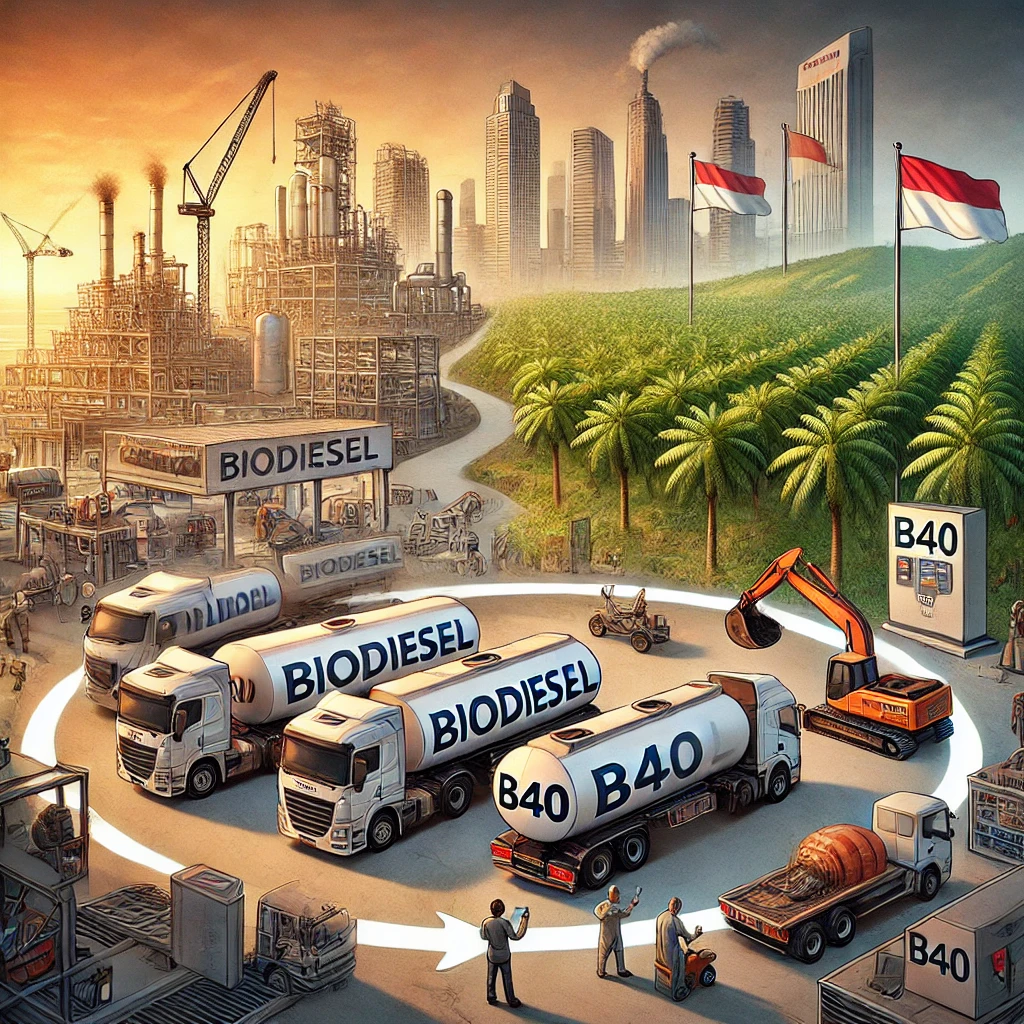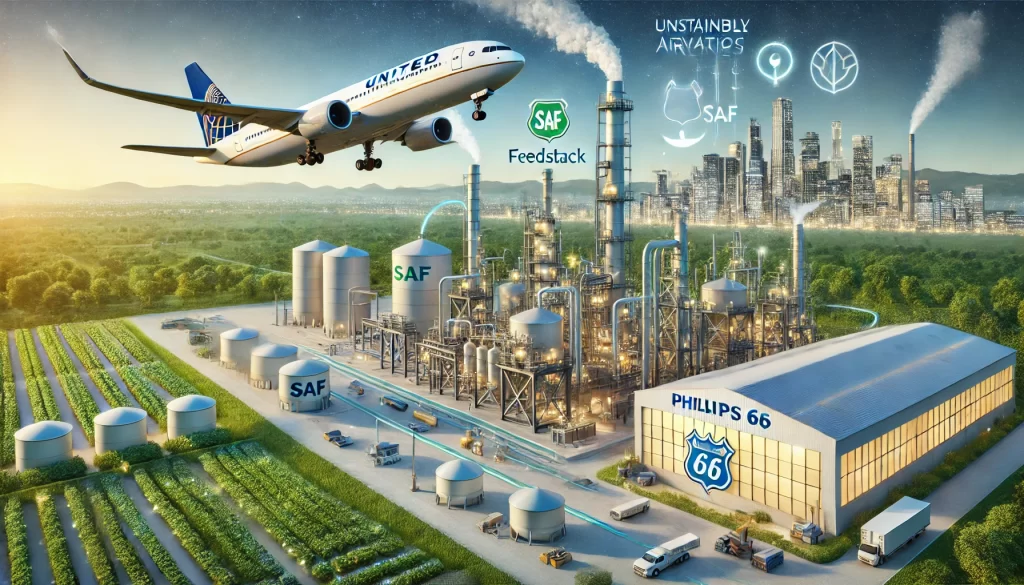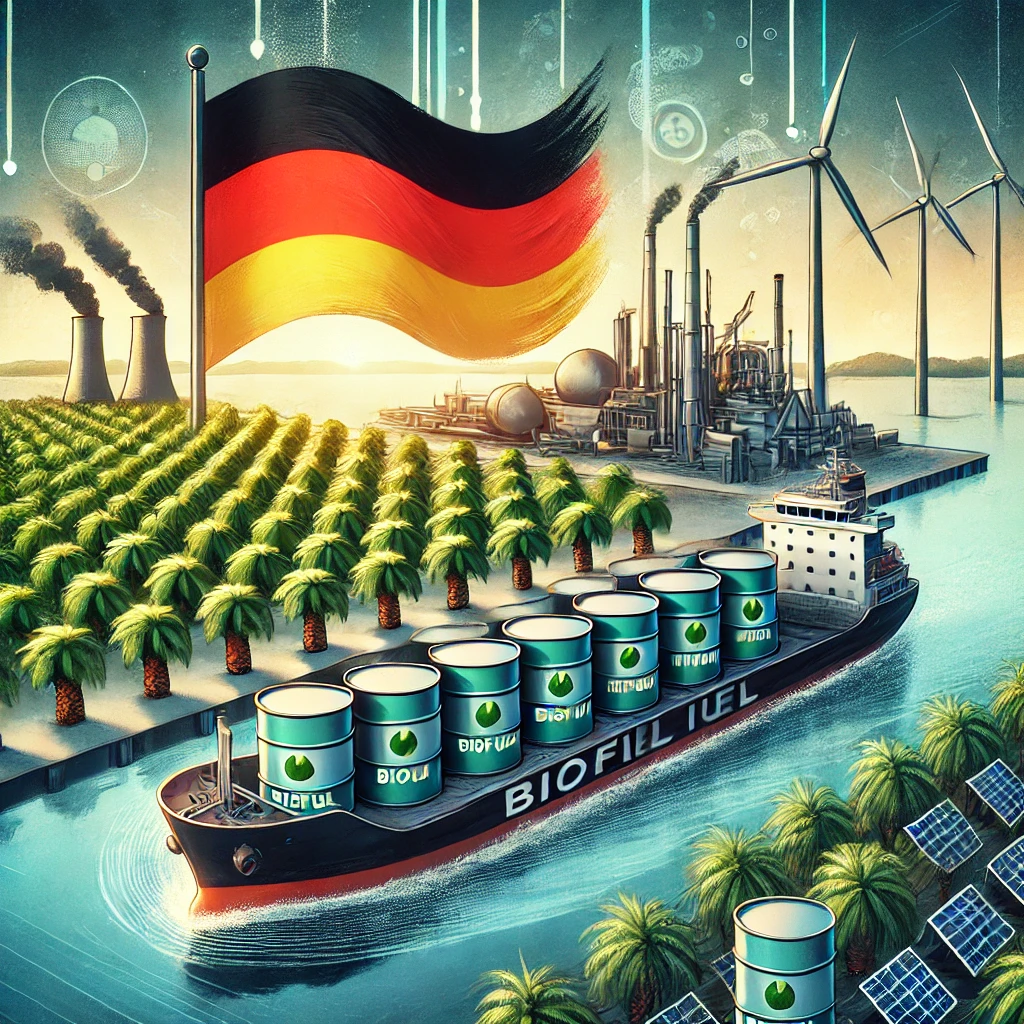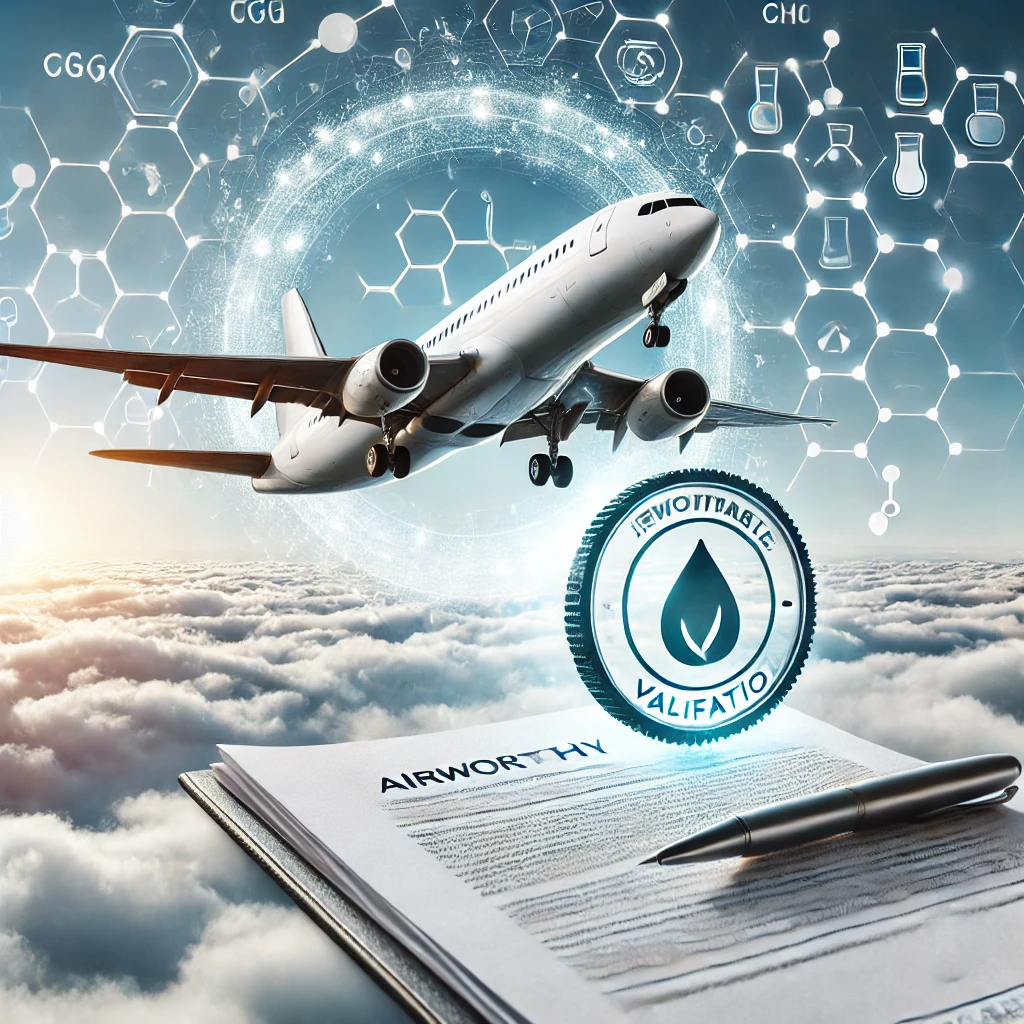
December 19, 2024
The European Union has seen a consistent decline in palm oil imports over recent years. This trend is largely attributed to increasing…

December 19, 2024
Crude palm oil (CPO) futures contracts on Bursa Malaysia’s derivatives market ended lower on Wednesday, falling for a fourth consecutive session, weighed…

December 18, 2024
Supporting and advancing future marine fuels technologies and investments, the U.S. Department of Energy (DOE) issued a Request for Information (RFI) to…

December 18, 2024
December 19: Petrobras has signed contracts worth R$16.5 billion ($2.6 billion) with Bram Offshore and Starnav Serviços Marítimos for the construction and…

December 18, 2024
Indonesia’s plan to expand its biodiesel mandates from 1 January 2025 has raised concerns that it could curb global palm oil supplies.…

December 17, 2024
Parkland announced that it has successfully produced Canada’s first batch of low-carbon aviation fuel (SAF) at its Burnaby refinery. With the support…

December 17, 2024
Energy company Mabanaft has reached an agreement with shipping company Hapag-Lloyd to supply B30 marine biofuel. On 12 December, Mabanaft’s Waltershof tank…

December 16, 2024
The Malaysian Derivatives Exchange (Bursa Malaysia) introduced US dollar-denominated Used Cooking Oil futures on Monday, with a total of 42 transactions on…

December 16, 2024
On 13 December, Republican Senator Joni Ernst of Iowa, Republican Senator Roger Marshall of Kansas, and four of their colleagues sent a…

December 13, 2024
Japan’s Saffaire Sky Energy has obtained international certification for sustainable aviation fuel (SAF) and is advancing its domestic SAF production project in…





